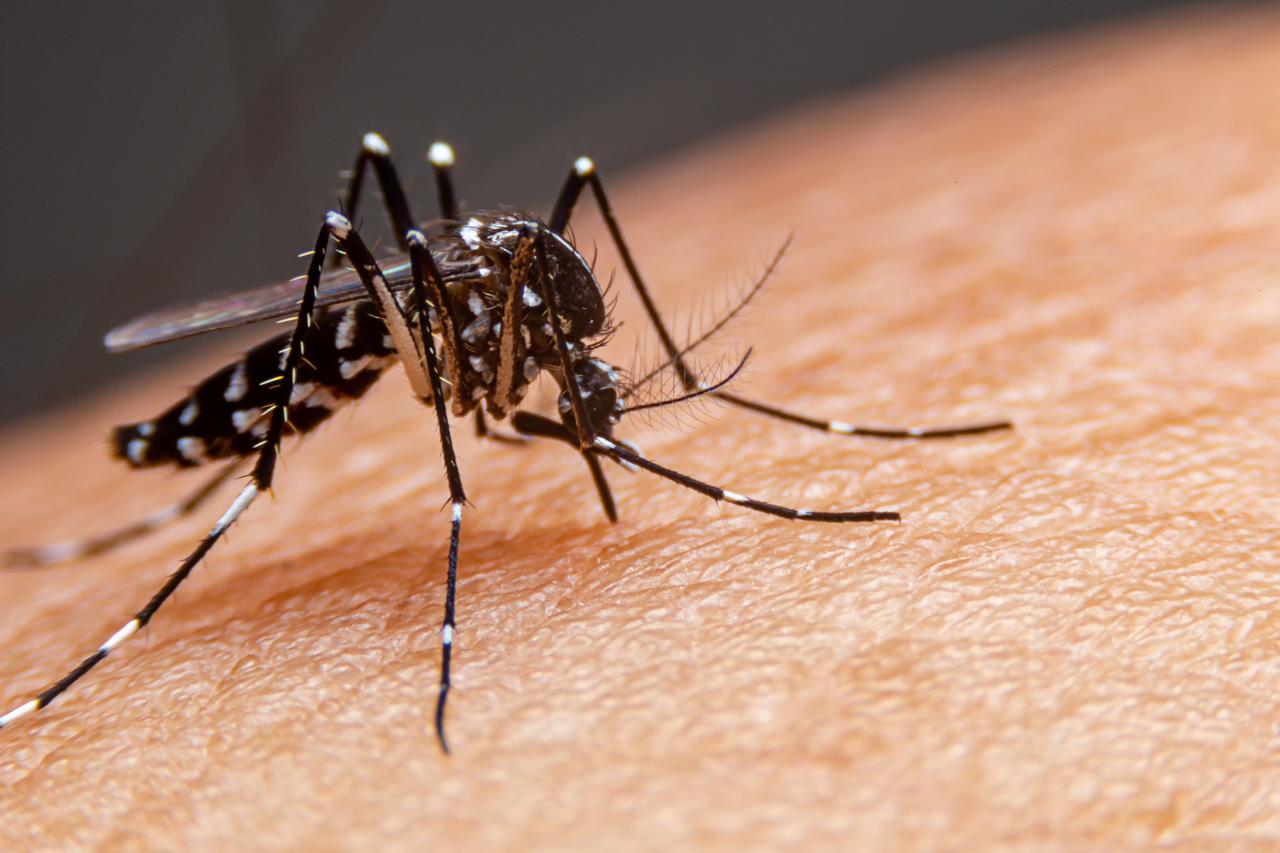
A groundbreaking study published in Science Translational Medicine reveals that dengue outbreaks across the Americas tend to follow the El Nino phenomenon by approximately five months.
The study looked at almost 30 years of data from 14 countries and found a clear pattern: dengue cases in different places tend to go up and down at the same time, usually about six months apart, even in regions that are thousands of kilometers away from each other.
The Americas endured an unprecedented dengue crisis in 2024, with over 13 million cases reported—triple the previous high—and it ranks as the most severe epidemic since record-keeping began in 1980. Global totals climbed even higher. The World Health Organization (WHO) recorded over 14.6 million cases worldwide in 2024, including more than 12,000 deaths, with the Americas bearing a significant share of the burden.
Even in early 2025, dengue continues to pose a serious health threat. The CDC reported over 760,000 cases in the Americas, a 15% increase over the previous five-year average, and identified high transmission levels in Puerto Rico and the U.S. Virgin Islands, both of which remain under epidemic conditions.
The advisory also highlights travel-associated risks and offers guidance on prevention, including using mosquito repellent, protective clothing, and screening during stays
The El Nino event, a periodic warming of the Pacific Ocean, creates warmer and wetter conditions, ideal for Aedes mosquitoes to thrive and facilitate dengue transmission. Moreover, rising temperatures not only boost mosquito populations but also accelerate viral replication inside the mosquitoes, shortening the incubation period and increasing transmission efficiency.
However, climate alone isn't enough to explain the magnitude of the outbreak. Contributing factors such as rapid urbanization, poor sanitation, stagnant water, and population immunity all intensified the epidemic’s impact.